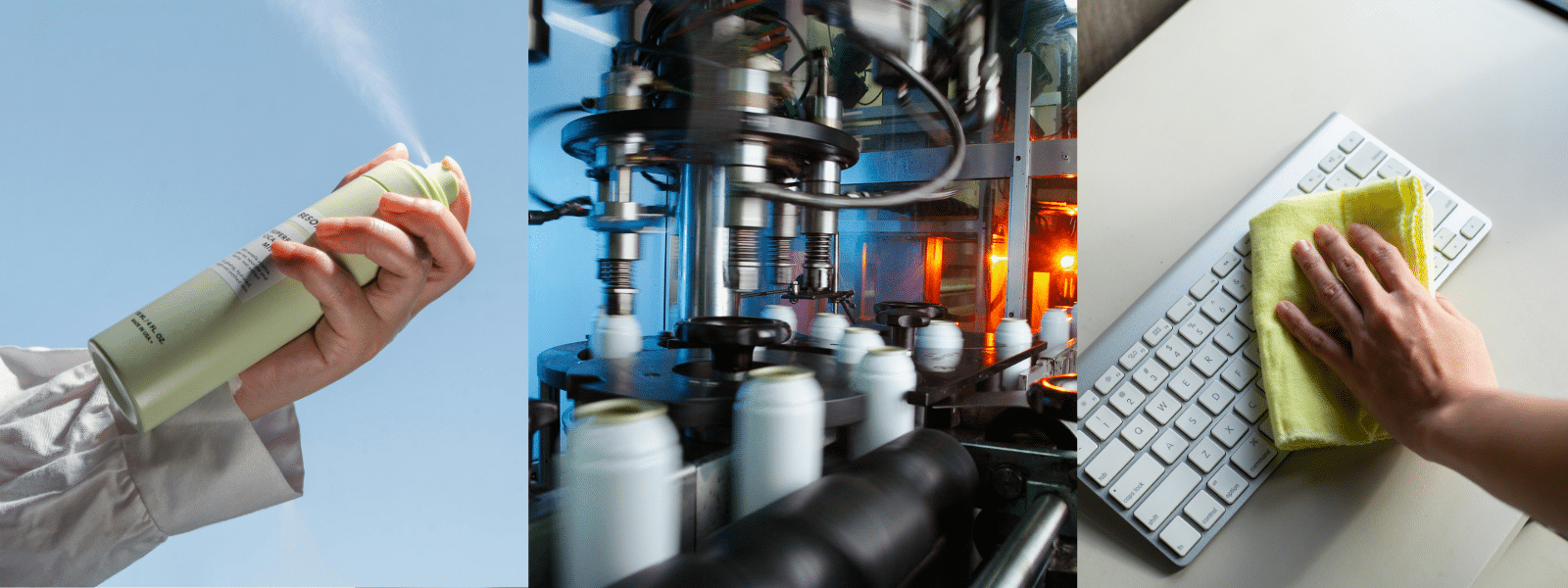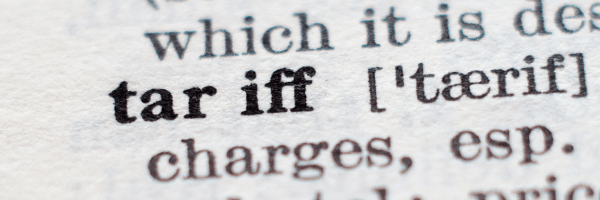Ethyl Acetate is an ester of ethanol and acetic acid. It is typically manufactured for use as a solvent on a large scale. It is a moderately polar, clear, colorless liquid solvent with a light fruity odor. Ethyl Acetate, also known as ethyl ethanoate, is a widely used solvent in organic synthesis that is highly miscible with common organic solvents. It is cost-effective, highly effective and is easily broken in both air and water simultaneously. It can be mixed with non-polar solvents and is also used for extractions. Ethyl Acetate is used to extract not only within the pharmaceutical industry and for industrial purposes but also in the food and beverage industry.
Ethyl Acetate in the Food and Beverage Industry
Ethyl Acetate has a sweet smell that is used to bring a fruity flavor to candy, baked goods, gum, etc. Ethyl acetate is also used to extract tobacco from cigarettes, decaffeinate tea leaves, and decaffeinate coffee. The process to decaffeinate coffee can take up to ten hours, the green coffee beans are rinsed with an ethyl acetate solution to remove caffeine from them. Immersing the green coffee beans in water softens the beans and dissolves the caffeine. Ethyl Acetate is added to the water and the caffeine binds to the chemical due to the water holding all the caffeine instead of the coffee beans holding the caffeine. When the water is heated, the ethyl acetate steams off, taking the caffeine with it. Ethyl acetate can also be found in wine. It is also common ester in wines, helping to give wines a fruity flavor. Ethyl acetate is used as an artificial flavor in ice creams and cakes.
Why Should You Be Concerned about Ethyl Acetate?
Although ethyl acetate is a solvent that is considered “natural” due to it being found in nature, the chemical actually used is synthetic and is not naturally derived. Ethyl Acetate has been deemed to be environmentally safe, relatively non-toxic and non-hygroscopic by some, however, this chemical is on the hazardous substance list due to it being regulated by several agencies. Ethyl Acetate is highly flammable, it can be toxic when either ingested or inhaled, and it can cause irritation when it comes into contact with the eyes or with the skin. This chemical can be very damaging to internal organs if you are repeatedly exposed to ethyl acetate or are exposed to ethyl acetate for long periods of time.
















